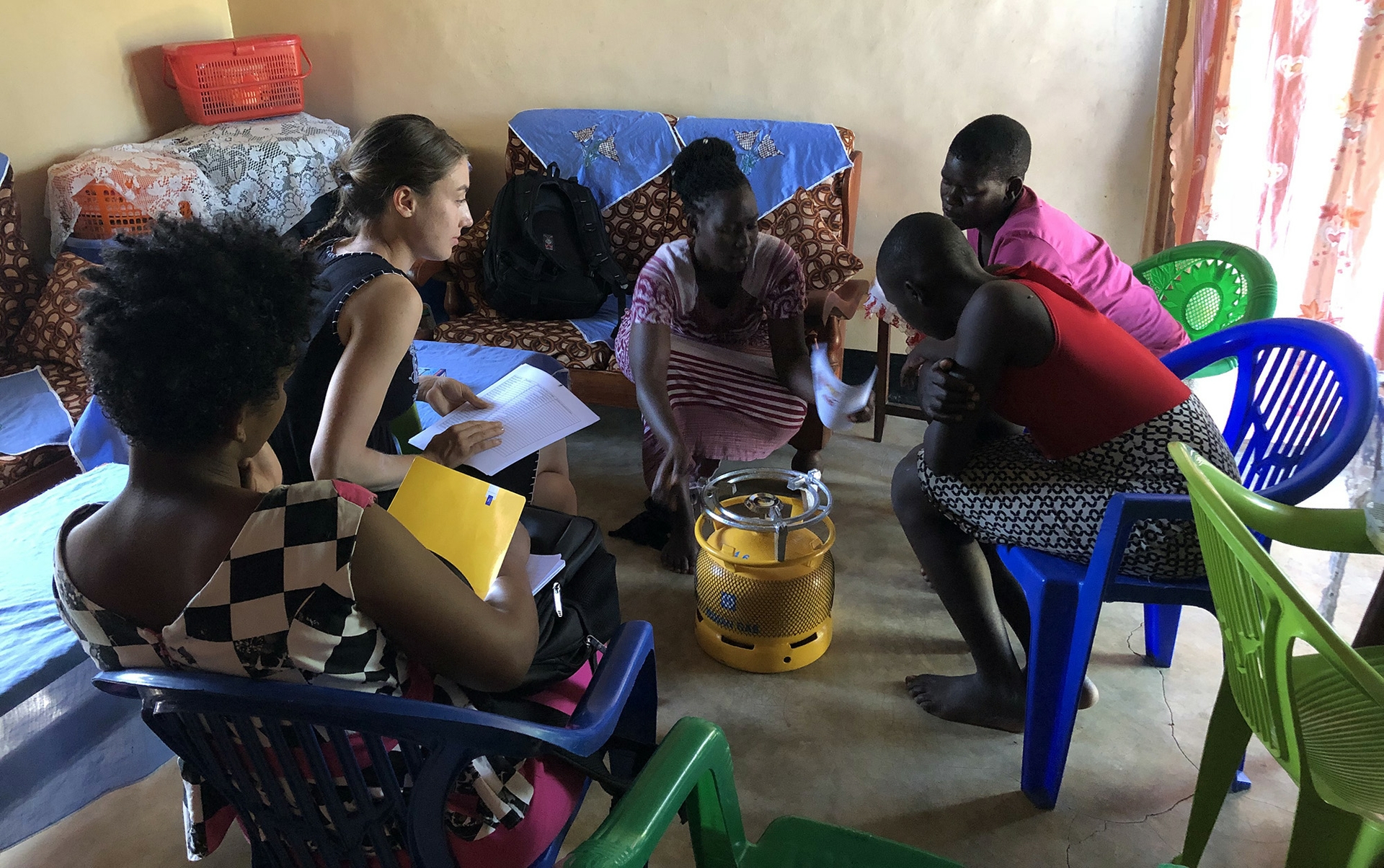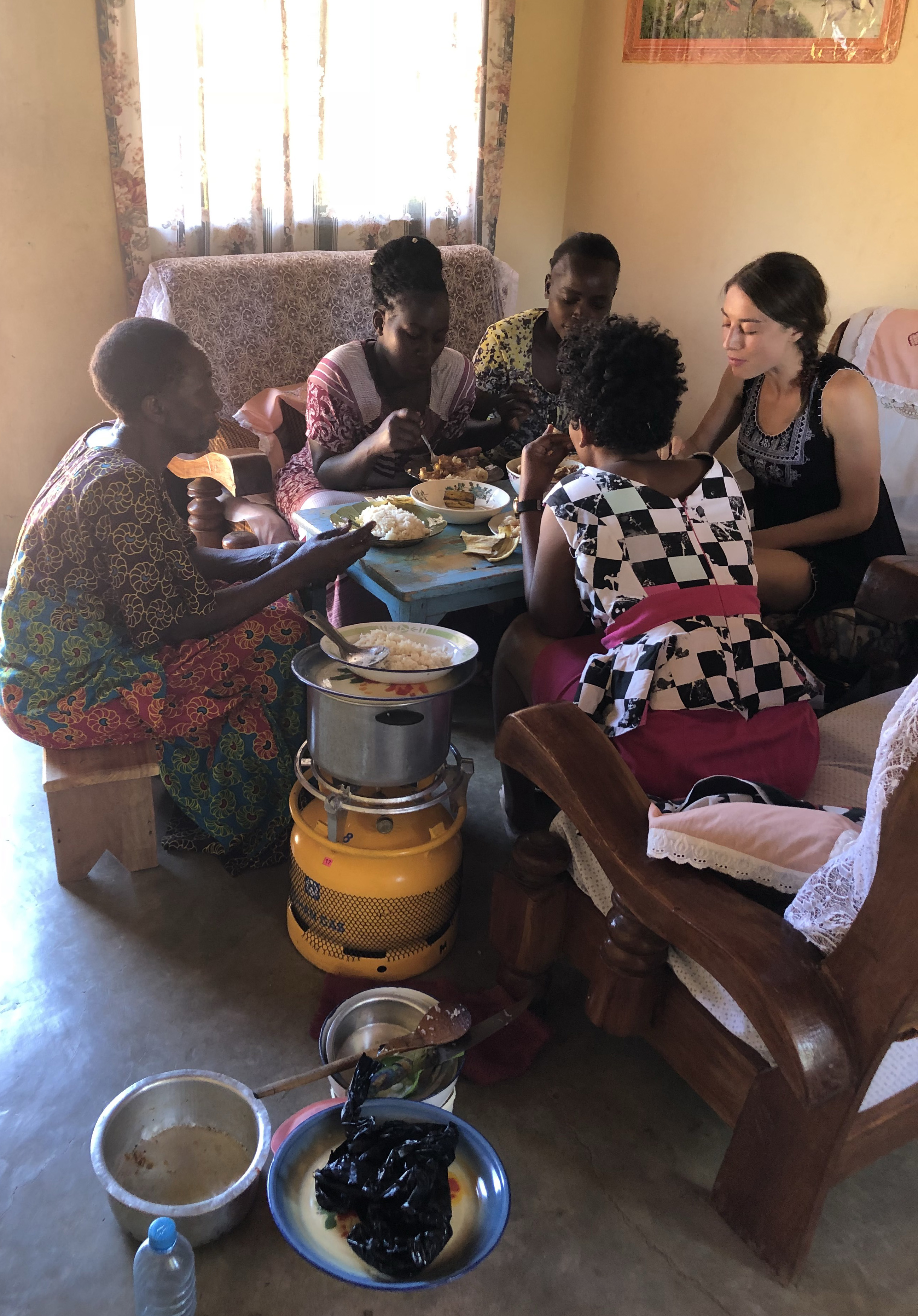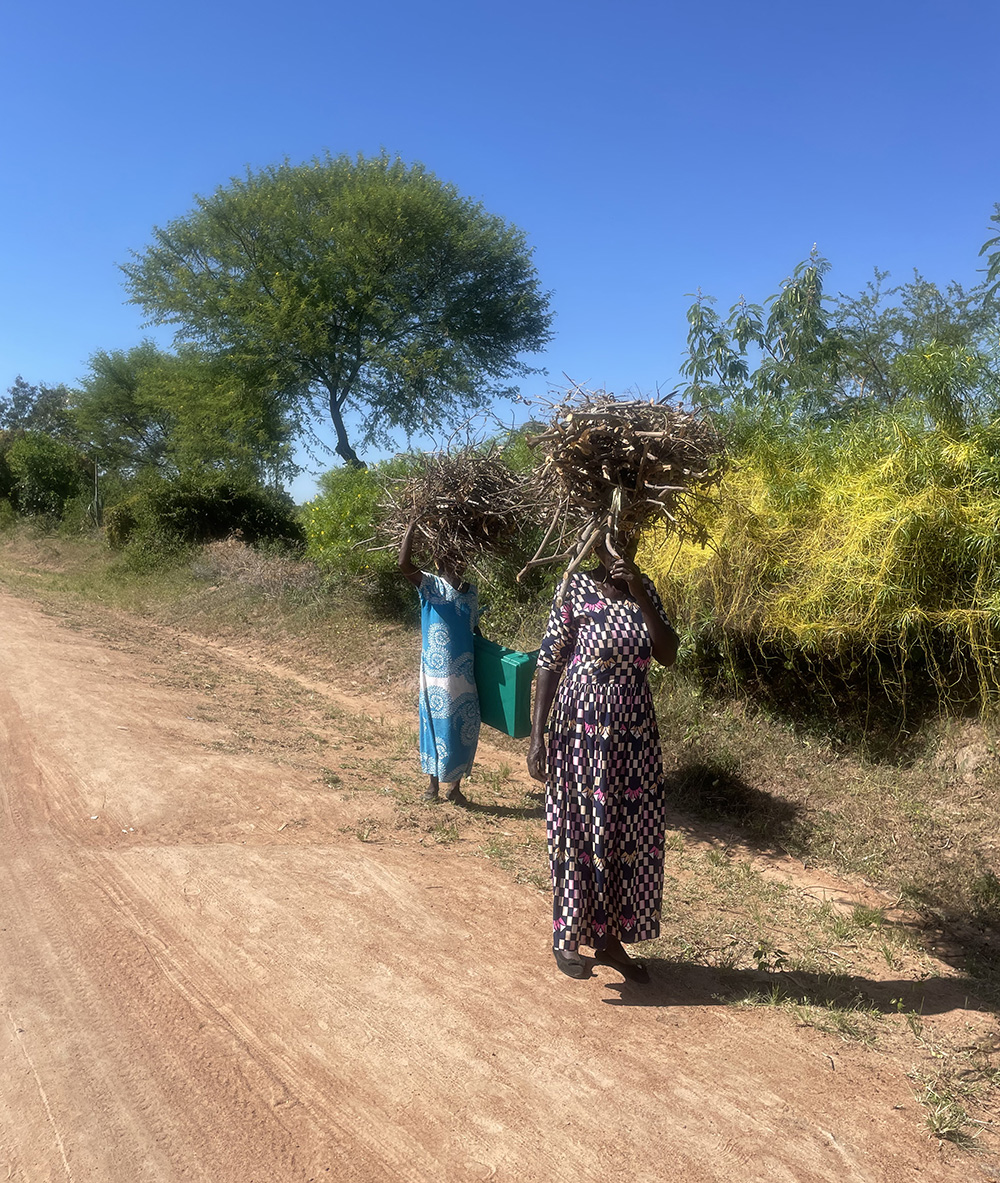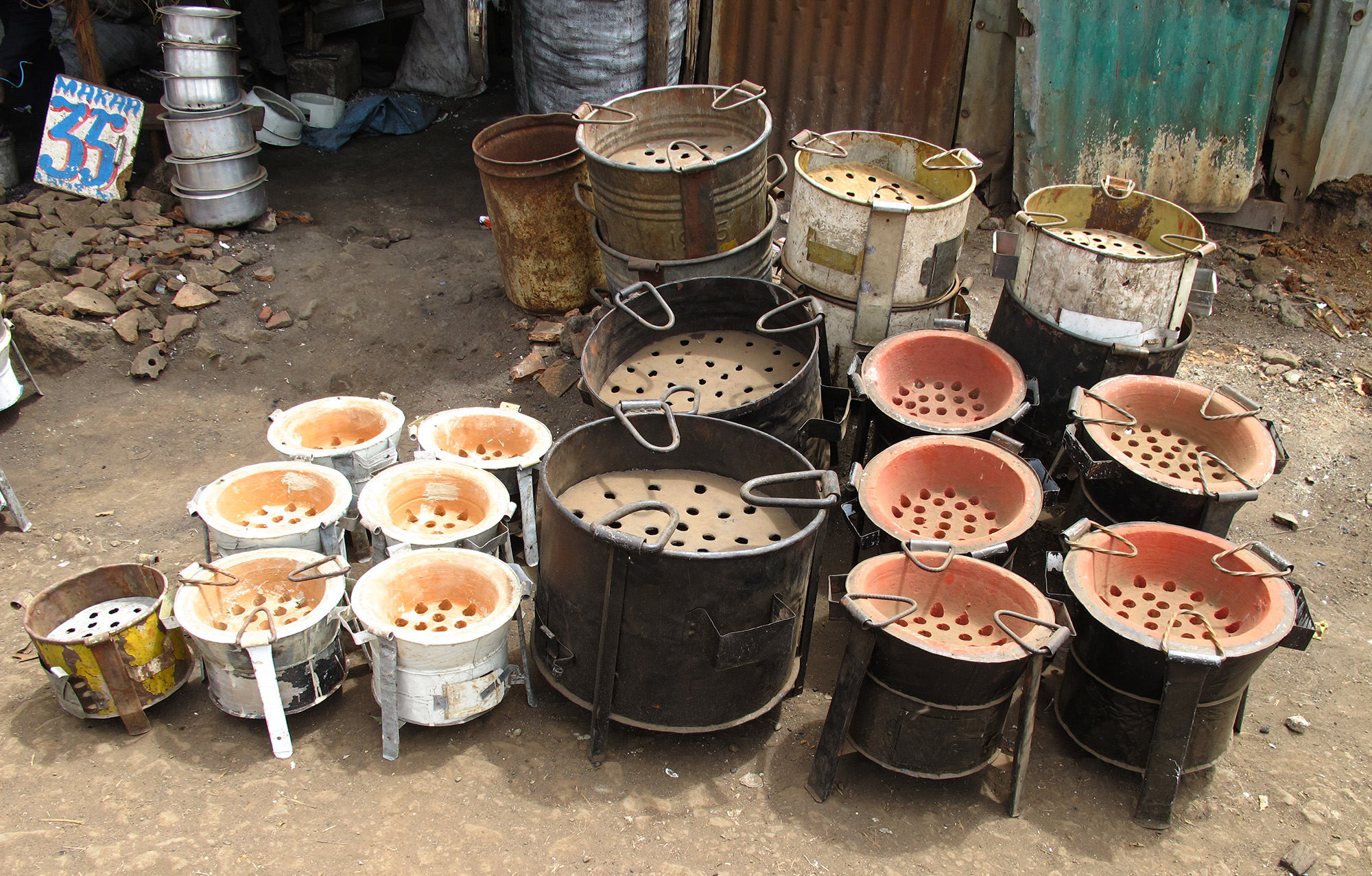As Carbon Offsets, Cookstove Emission Credits Are Greatly Overestimated

The fastest growing type of offset on the global carbon market subsidizes the distribution of efficient cookstoves in developing countries to reduce greenhouse gas emissions, but a new study finds that the stoves’ carbon saving credits are vastly overestimated, by a factor of 10.
The overestimation undermines efforts to counteract carbon emissions to slow climate change, since companies use these offsets to meet climate targets and to sell products labeled as “carbon neutral” instead of making real reductions in greenhouse gas emissions. It also undermines trust in the carbon market, and therefore the market’s ability to support the long-term financing of efficient stoves.
Carbon registries adopt methodologies which define which projects are allowed to participate in the offset market and how emissions impacts should be estimated. Project developers, such as cookstove suppliers, are responsible for following these methodologies to monitor and estimate their project's emissions reductions and thus the allotted carbon credits.

The conclusions come from the first comprehensive, quantitative quality assessment of any type of offset project, in which researchers from the University of California, Berkeley, compared five methodologies for evaluating the emission reductions of cookstoves to published studies and their own independent analysis. The study will be published on Jan. 23 in the journal Nature Sustainability.
"Clean cooking now figures very centrally on national decarbonization and sustainable development goal strategies, global funding cycles and the political agenda of national leaders," said Daniel Kammen, the James and Katherine Lau Distinguished Professor of Sustainability at UC Berkeley. "Integrating the science, human rights and economics of clean cooking is now critically linked to both social justice and climate strategies around the planet."
This study, which was shared in preprint form last year, has already received substantial attention from communities focused on the health effects of cooking, the carbon market, sustainable development and national climate action, he noted.
"Cookstove offset methodologies are currently being revised and, if our recommendations are adopted, could become a rare project type that offset buyers can trust," said Barbara Haya, an expert on offset quality and director of the Berkeley Carbon Trading Project at UC Berkeley's Goldman School of Public Policy.
Cookstove offsets have become popular because roughly 2.4 billion people around the world cook with smoky solid fuels or kerosene, contributing to 2 to 3 million premature deaths annually and approximately 2% of global greenhouse gas (GHG) emissions. Providing efficient cookstoves now represents the fastest growing project type on the voluntary carbon market, with the second largest share of issued credits in the first 10 months of 2023.

Estimated correctly, carbon offsets have the potential to support the free or subsidized distribution of efficient stoves that reduce time spent collecting firewood or the cost of purchasing fuel, said first author Annelise Gill-Wiehl, a UC Berkeley Ph.D. candidate in the Energy and Resources Group who has conducted extensive household energy fieldwork in East Africa. Furthermore, certain stoves can reduce smoke enough to save lives.
The UC Berkeley study not only documents the extent of the quality issues on the offset market, but also offers specific recommendations to align cookstove methodologies with current science and United Nations’ Sustainable Development Goal progress. A companion website provides guidance for buyers and developers on how to trade in quality credits that can substantially improve health.
The researchers specifically advise buyers to prioritize projects that distribute stoves that meet the World Health Organization’s health standards. The majority of stoves on the market do not, they found. The rigorous method the team developed for assessing offset quality could be used by offset program developers, program regulators and credit assessors to comprehensively assess offset quality and prevent overcrediting from all project types.
"Our results support a paradigm shift away from the majority of today’s improved stoves, which do not reduce smoke enough to see health benefits, towards clean fuels and stoves that can substantially support health and climate benefits with their transparent monitoring and low emission profiles," Gill-Wiehl said. "We find that low quality carbon produces low quality solutions."

The study's key findings include:
- Based on the project's sample, which covered 40% of cookstoves credits, cookstoves were overcredited 9.2 times. Extrapolating to all cookstove offset credits from the five methodologies studied, the group found overcrediting by approximately 10.6 times.
- Overcrediting is mostly from exaggerated estimates of stove adoption and use, underestimates of the continued use of the original stove and high estimates of the impact of fuel collection on forest biomass.
- Gold Standard metered methodology, which directly monitors fuel use and credits the cleanest stoves, is most aligned with the study's estimates — it is only overvalued by a factor of 1.5 — and has the largest potential for emissions abatement and for health benefit.
- The assessment methods developed and demonstrated in this study can be used to comprehensively assess offset quality across all project types on the offset market.
Kammen holds parallel appointments in the Energy and Resources Group, the Goldman School of Public Policy and the Department of Nuclear Engineering. The project was funded by UC Berkeley's Center for African Studies, Carbon Direct, Google.org, the Katherine Lau Family Foundation, the National Science Foundation, the Mulago Foundation/Better Cooking Company and the Zaffaroni Family Foundation.
